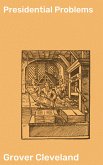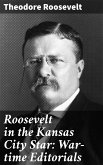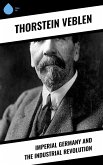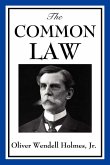In "The Conflict between Private Monopoly and Good Citizenship," John Graham Brooks delves into the intricate relationship between capitalism and civic responsibility in early 20th-century America. Through a meticulously analytical lens, Brooks critiques the burgeoning dominance of private monopolies and their corrosive effects on democratic ideals and social equity. Drawing upon contemporary economic theories, social movements, and case studies, the book is characterized by eloquent prose that marries rigorous research with compelling arguments, marking it as a seminal contribution to American political thought during a period of considerable economic upheaval. John Graham Brooks, a prominent social reformer and writer of his time, was deeply influenced by the Progressive Era's ideals surrounding social justice and economic reform. His extensive involvement in advocacy for social change, combined with his academic pursuits in sociology, shaped his perspective on the dangers of unchecked corporate power. Brooks' commitment to fostering good citizenship amid growing economic disparity is evident throughout the work, reflecting his broader mission to promote a fairer society. This book is an essential read for scholars, activists, and anyone interested in the intersections of business, ethics, and civic duty. It not only provides historical insights into the consequences of monopolistic practices but also challenges readers to consider their own roles in nurturing a healthy democracy in the face of present-day economic challenges.
Dieser Download kann aus rechtlichen Gründen nur mit Rechnungsadresse in A, B, BG, CY, CZ, D, DK, EW, E, FIN, F, GR, H, IRL, I, LT, L, LR, M, NL, PL, P, R, S, SLO, SK ausgeliefert werden.









